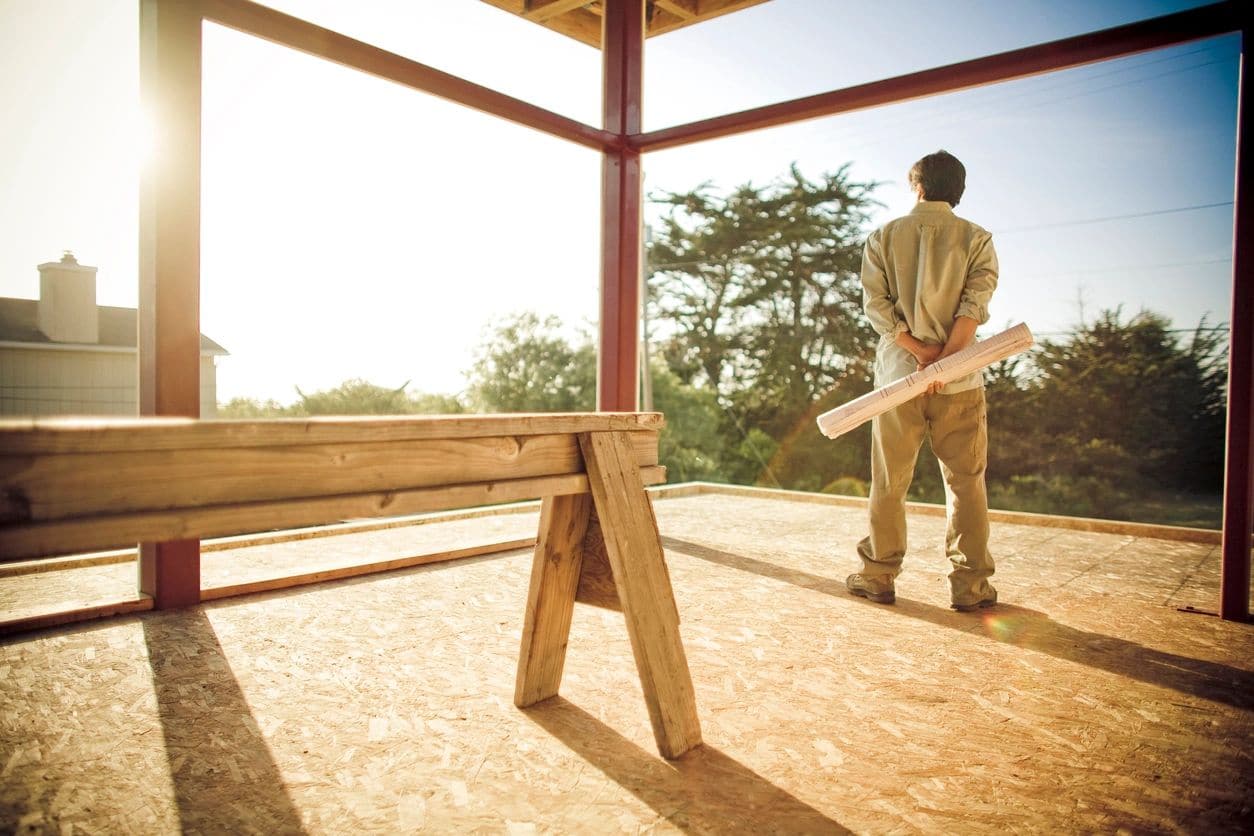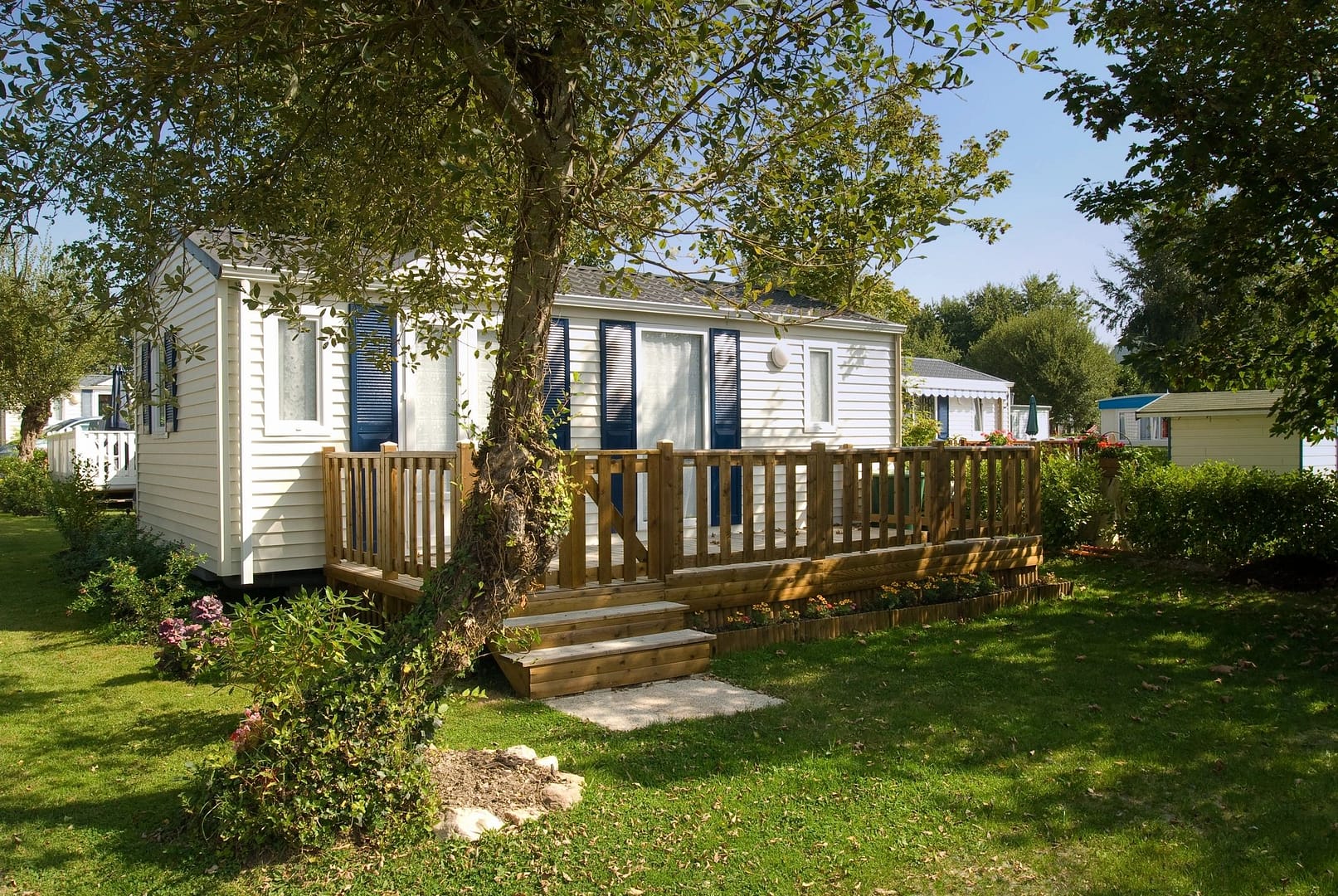Wednesday reinforced positive sentiments among Orlando realtors as the Orlando Regional Realtor Association released its yearly report about the Orlando real estate market. The report revealed that the average Orlando Home price for properties in the city saw a 24 percent hike in the previous year. This 2013 rise in median home prices marks an all-time high since the economic downturn of early 2006 that took the housing market down with it.
Key takeaways from the report
The median home price in the core Orlando real estate market was $149,625, in 2013. Back in 2012, the corresponding figure stood $28,000 below, at $121,000. The last time Orlando real estate agents had seen such a hike was just before the housing bubble in 2005.
Median house prices rose by more than 33 percent that year. The same upturn of events was seen in 2013. The report holds that 2013 saw the sale of 6.54 percent more homes, than the previous year. Compared to the 28,765 homes that were sold in 2012, 30,645 were sold in 2013, showing just where top Orlando realtors had been busy the year.
Comparing the statistics for December alone, aggregate median home prices were up by 20.87 percent compared to the previous year. In the December of 2012, the aggregate for Orlando was $132,500. The 20.87 percent boost brought up aggregate median house prices for all of Orlando to $160,150 in the December of 2013.
The Christmas month also saw a 3.32 percent hike in the median home price of Orlando real estate properties from the previous month. Compared to the median price of $155,000 in November 2013, December registered the median price of $160,150. Real estate agents in Orlando sold 2367 homes in December – 11.55 percent more than their November tally.
Prime reasons attributed to the up-turn
Orlando Regional Realtor Association’s chairman, Zola Szerencses remarked that the competition between investors and buyers helped reverse the sunken-mortgaged conditions for many property owners.
Industry experts list low inventory during the first two quarters as a positive influence. The second and third quarters presented prospects with low-interest rates – boosting confidence and increasing sales.
Despite the promising upturns, the median prices in the Orlando real estate industry remain considerably low compared to the peak Orlando realtors saw in July 2007. The real estate bubble was about to burst and median prices for the Orlando neighborhood homes peaked at $264,000. For 2014, economists have predicted a flattening up of the sales and price increase to about five percent.







